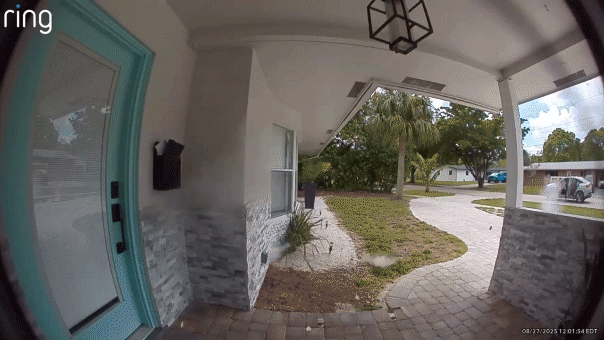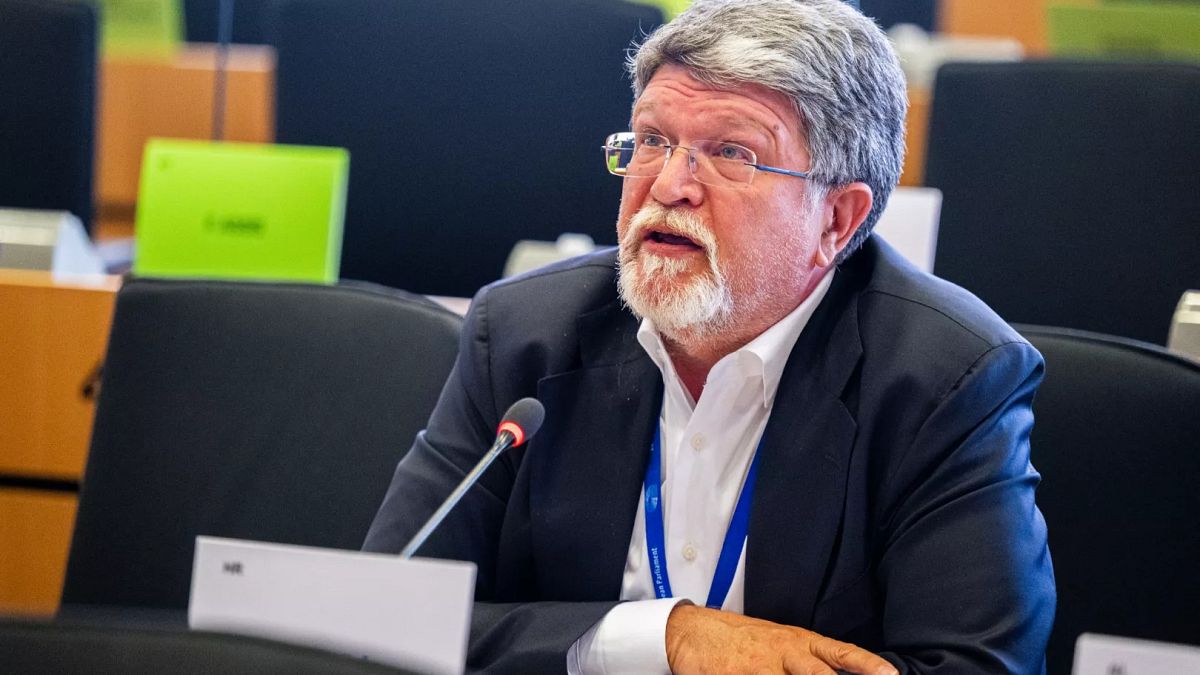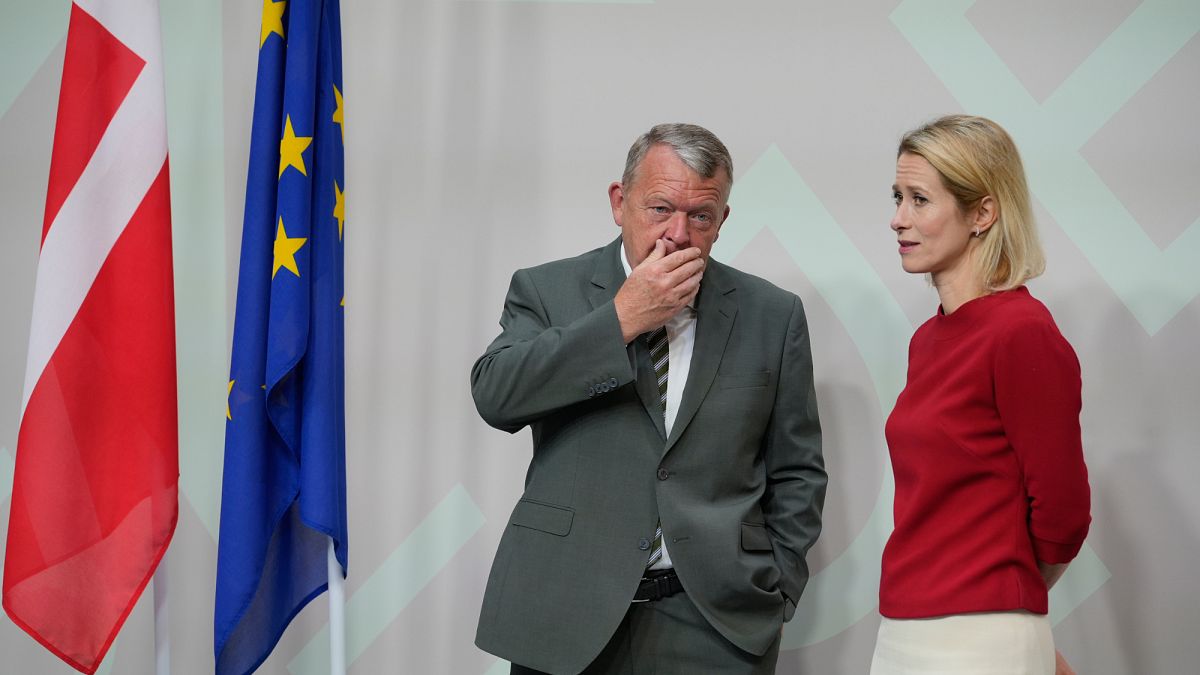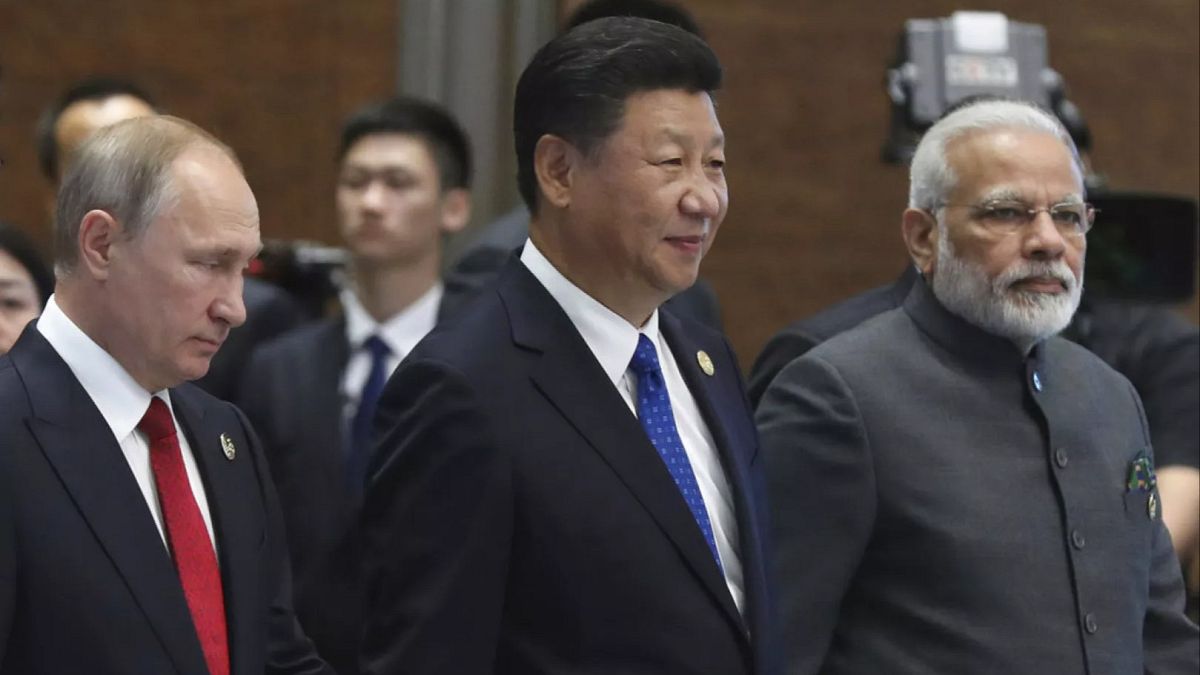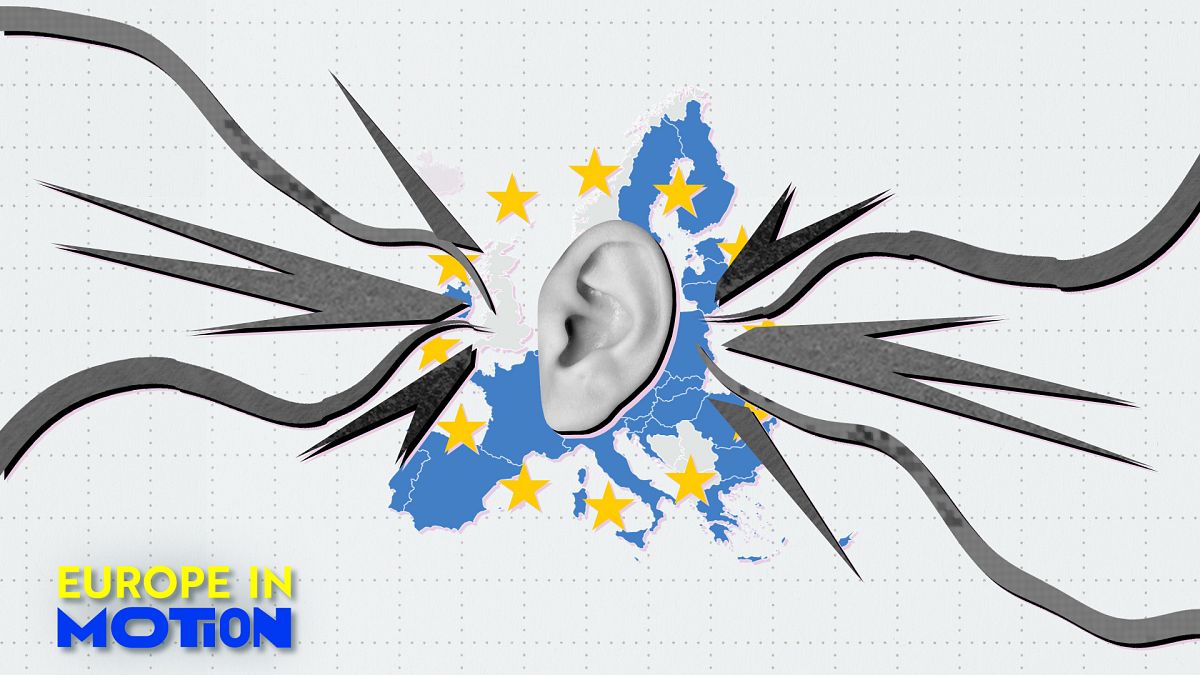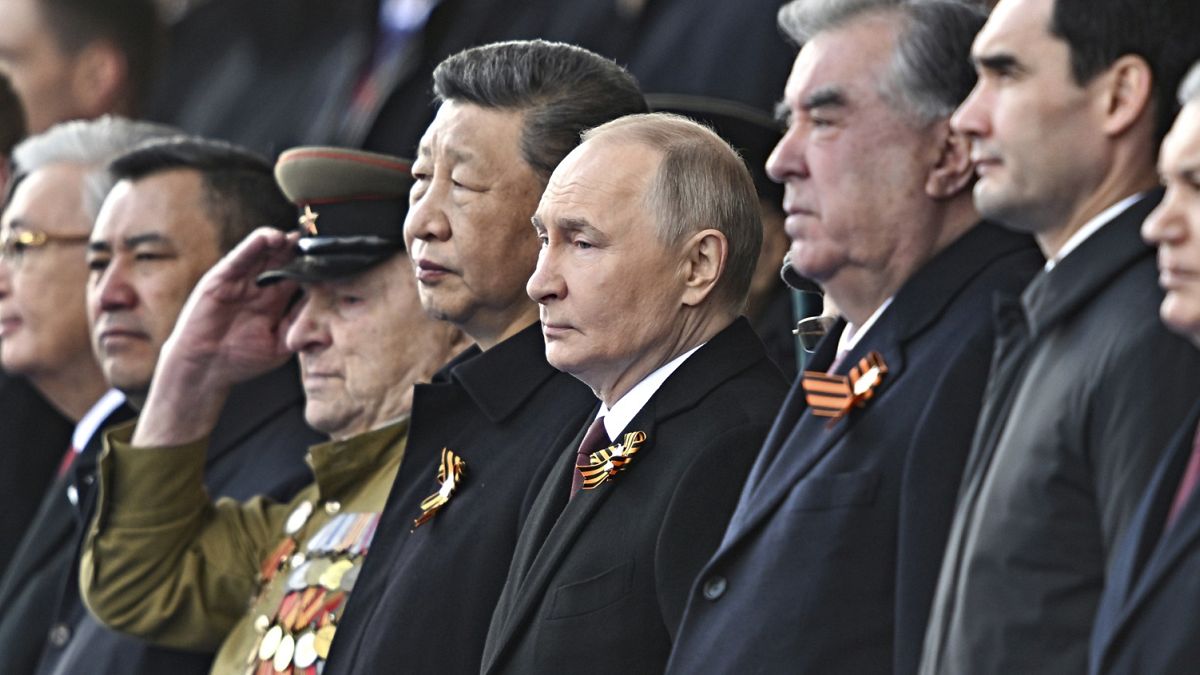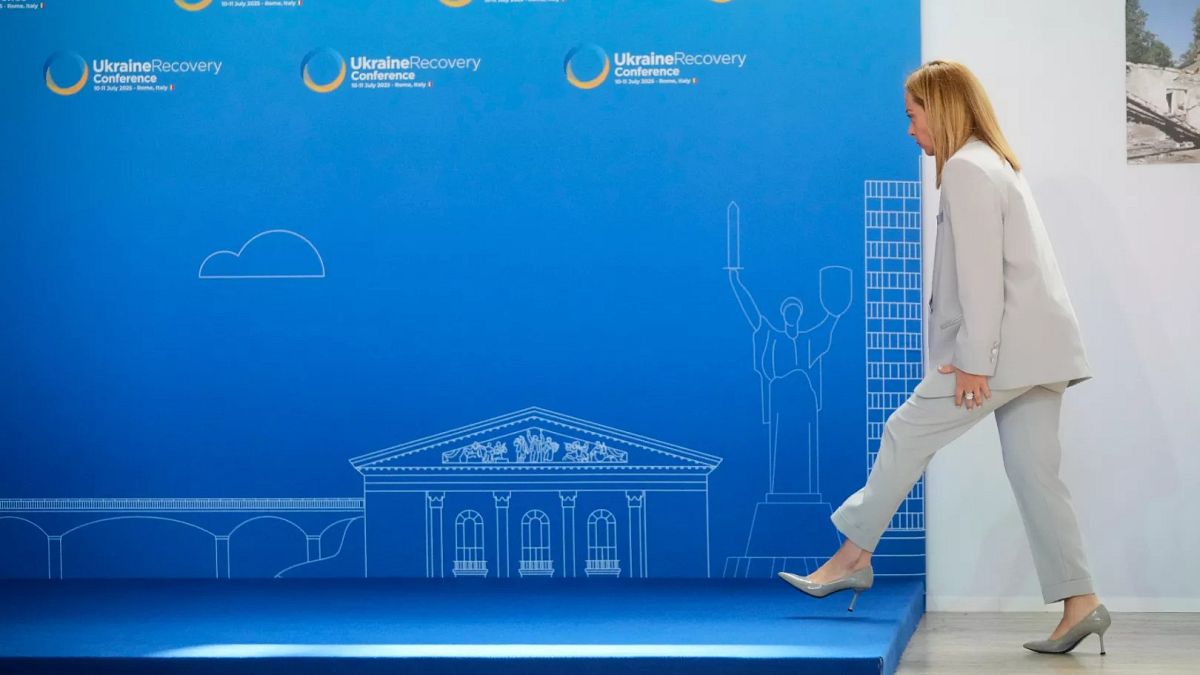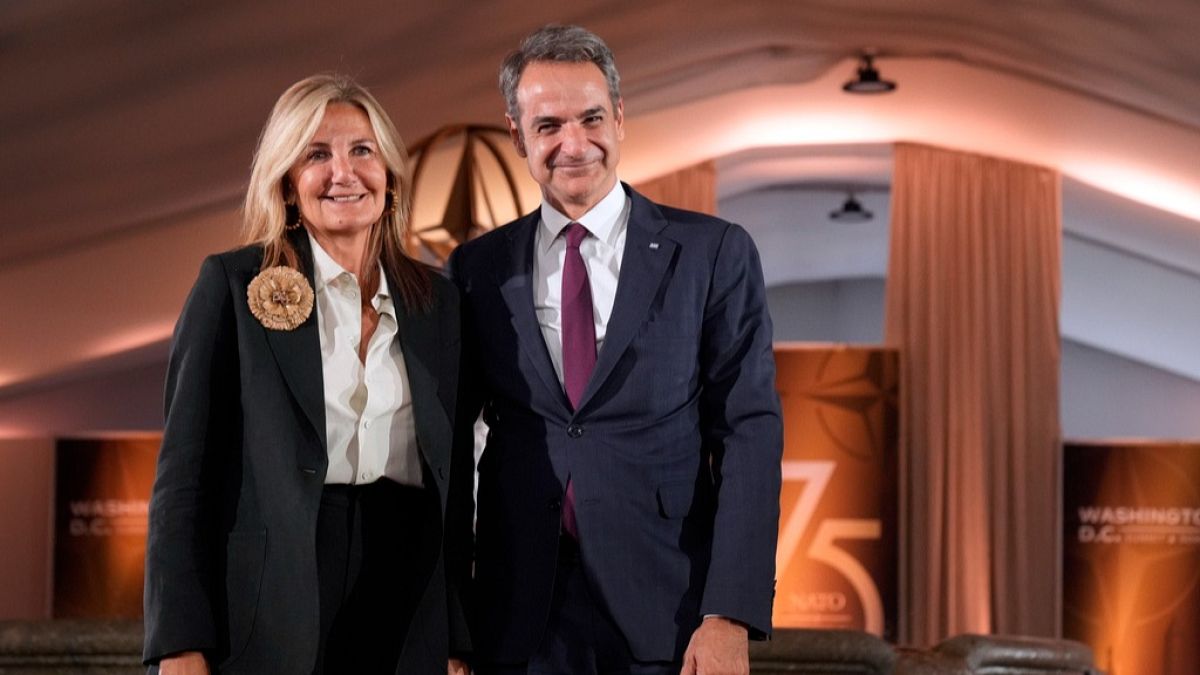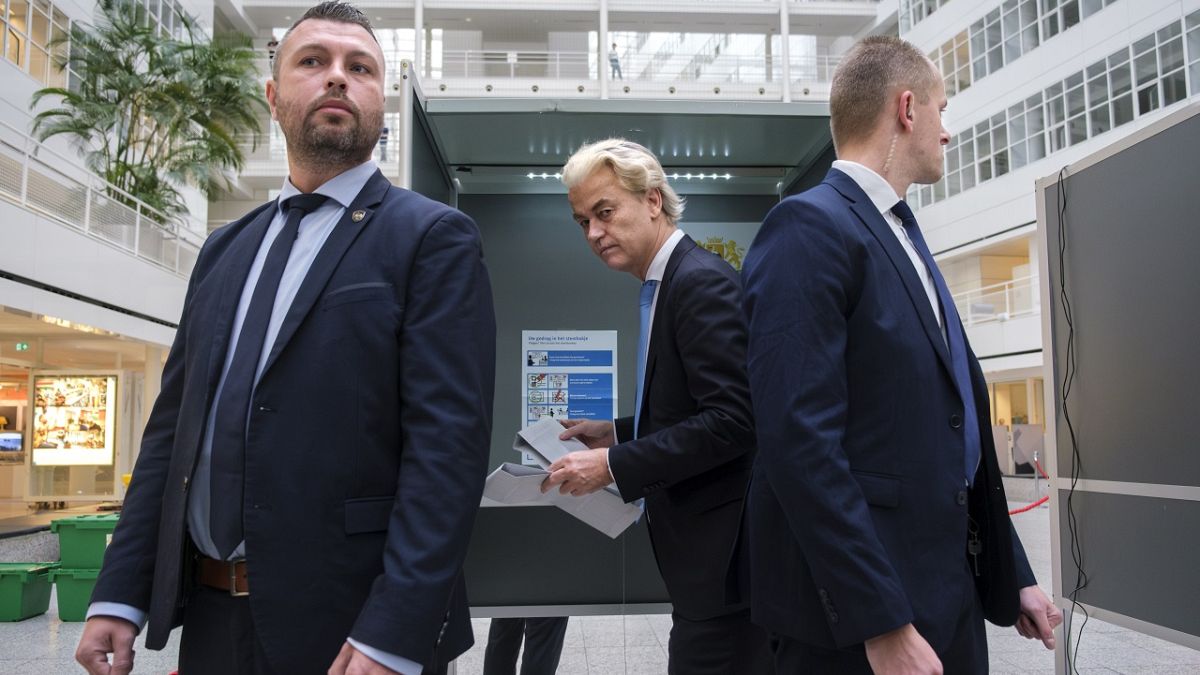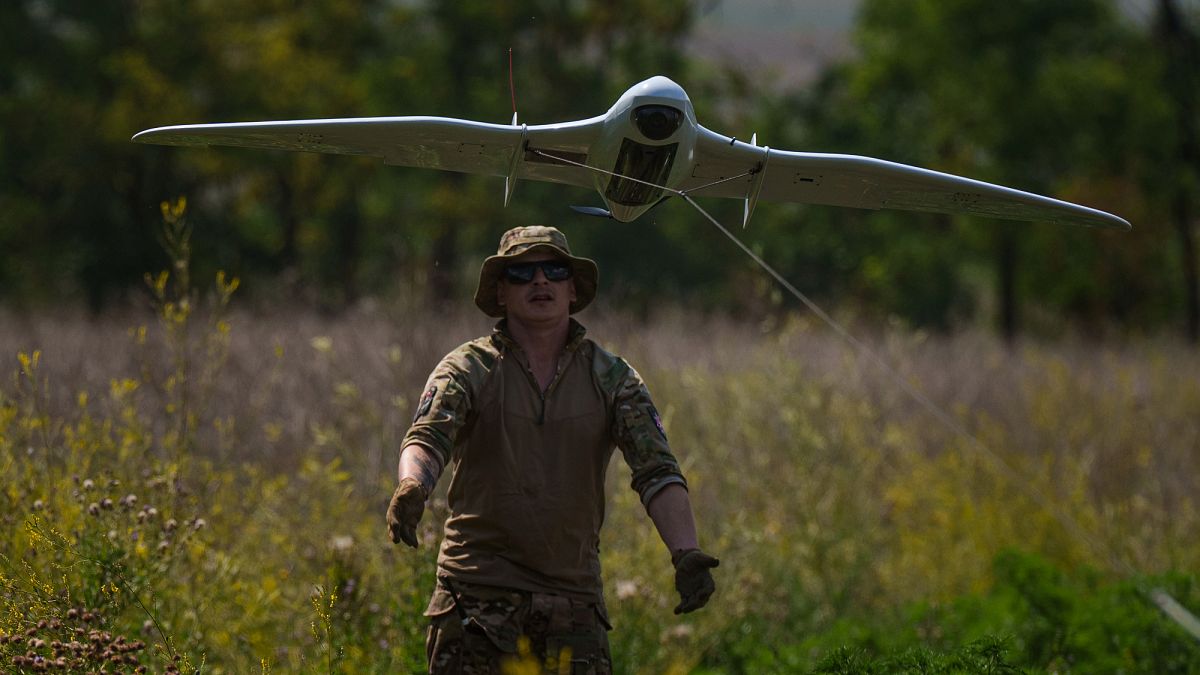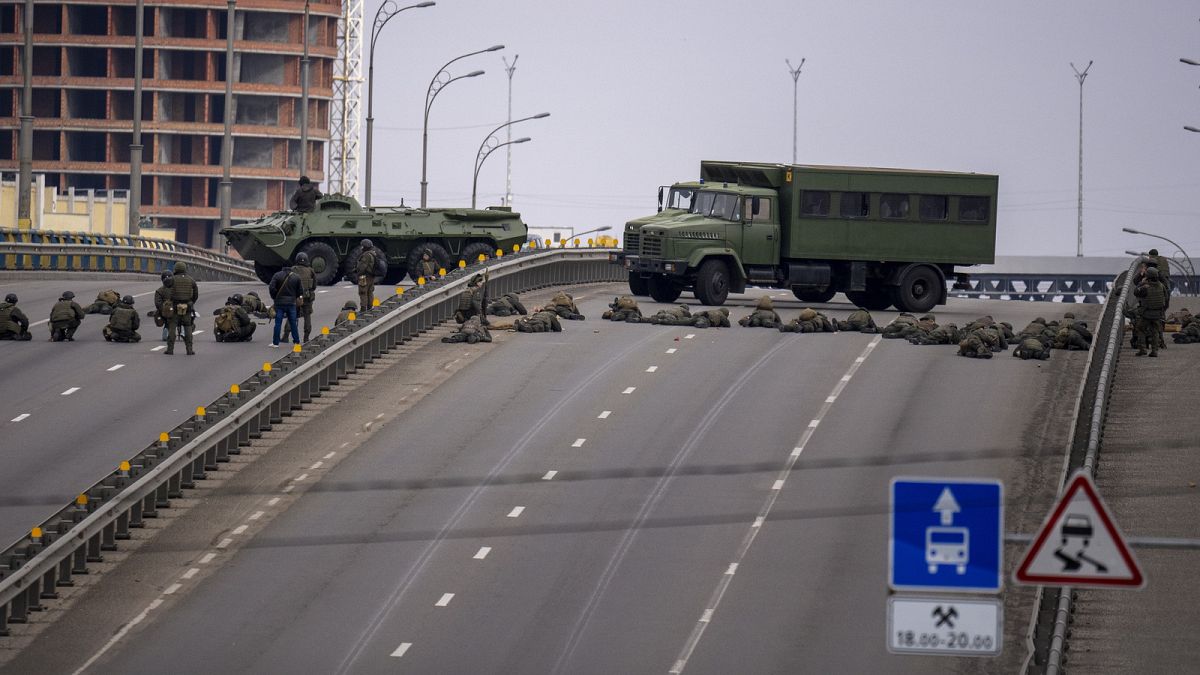ADVERTISEMENT
A social media post by the European Parliament’s rapporteur for Serbia Tonino Picula created a stir in neighbouring Serbia and prompted calls for his removal from his position.
Picula, a member of Croatia’s centre-left SDP party, tweeted on Tuesday to commemorate the 30th anniversary of the Operation Storm, a military operation that effectively put an end to the ethnic Serb parastate and the years-long war in the country.
In the photo, a visibly younger Picula in military uniform brandishes a heavy machine gun.
“Let us thank everyone who contributed to the defence of the sovereignty and freedom of the Republic of Croatia,” the post read.
Picula fought on the side of the Croatian army and took part in the Operation Storm, and has previously publicly shared photos from the frontlines.
Reactions were swift. Following the condemnation on social networks and in Serbian media, opposition SSP party leader Dragan Đilas criticised Picula, saying the MEP “compromised his position … because you can’t be a rapporteur with an automatic gun in your hands.”
“We believed you were a man of the future and not of the past. And it was like that until today,” Đilas said in a statement on Tuesday.
Austrian MEP Harald Vilimsky from the far-right Freedom Party (FPÖ) and European spokesperson for the Vienna FPÖ parliamentary group Maximilian Krauss slammed what they said was “disturbing and politically highly dangerous”.
“It is completely inappropriate for an EU rapporteur, who plays a key role in the sensitive dialogue between the EU and Serbia, to post a picture in combat gear, thereby offending many people. This is a serious diplomatic misstep,” Vilimsky said in a statement released on Tuesday.
“With this post, Picula has impressively demonstrated that he is unsuitable for this role. Anyone who publicly celebrates a military presence while simultaneously issuing constitutional recommendations to Serbia is squandering all credibility. This is an affront to all the victims and displaced persons of this tragedy,” Krauss added.
The two FPÖ politicians have requested an immediate investigation into Picula’s actions by relevant EU authorities, they said.
Operation Storm, which took place over the course of four days in early August 1995, remains a contested issue between the two neighbouring countries.
Croatia’s declaration of independence from the former Yugoslavia in 1991 triggered a rebellion by minority ethnic Serbs who took control of about one-fifth of the country’s territory in the Belgrade-backed parastate of the Republic of Serb Krajina. Croatia retook all of its territory in the 1995 military action.
UN estimated that around 150,000 ethnic Serbs fled to what is today Serbia and Montenegro, and between 10,000 and 15,000 arrived in the general area of Banja Luka in neighbouring Bosnia. Serbia claims the number surpasses 250,000, on top of numerous civilian victims during the offensive.
Most ethnic Serbs have not returned to Croatia following Operation Storm, and the minority now comprises around 3.2% of Croatia’s population, according to the 2021 census, significantly less than 12.2% in 1991.
This is not the first time that Picula has faced criticism in Serbia. In May, Serbian Parliament Speaker Ana Brnabić accused Picula of interference in the domestic affairs of the Western Balkan country after Picula retorted that the statements of President Aleksandar Vučić were becoming “more and more bizarre”.
Brnabić accused the Croatian MEP of being part of a witch hunt against a sovereign country, saying, “Picula, stay away from Serbia”. Picula has repeatedly rejected accusations of harbouring “anti-Serb” sentiments.
Euronews has reached out to MEP Picula for comment.

